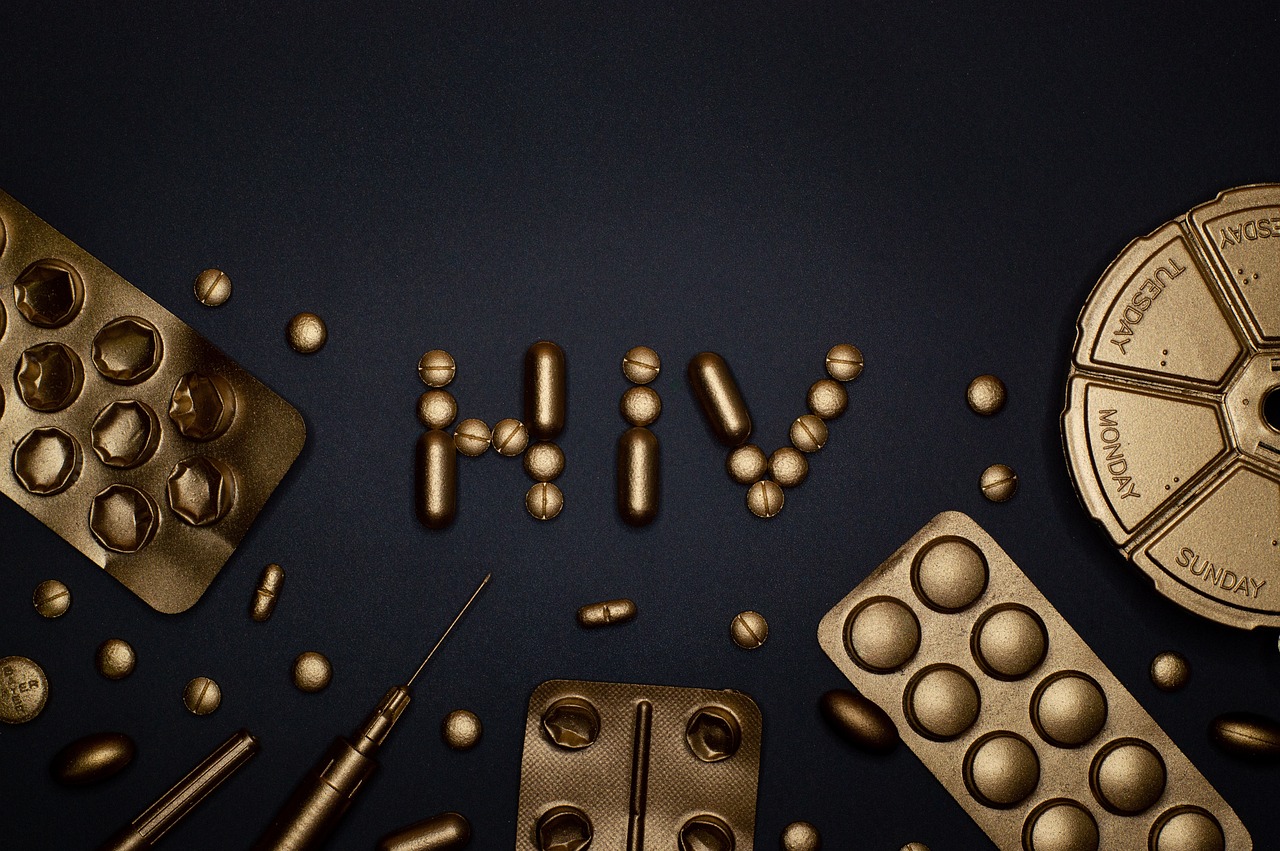News
Breast Milk Protein Can Help Us Fight Antibiotic-Resistant Superbugs
Breast milk can be an interesting and important ally in fighting antibiotic resistance, shows a joint study between the National Physical Laboratory and the University College London. A protein called Lactoferrin helps infants to combat bacteria, fungi and viruses, helping in micro bacterial protection.
The team found a tiny fragment of lactoferrin that gave it most of its antimicrobial properties, predicting that it can "gather in synchrony" and fight bacterial cells when it targets and attacks microbial membranes.
This fragment was then re-engineered into a building block that could reassemble into "virus-like capsules" and fight the bacteria more efficiently.
The capsules could bind successfully with the bacteria and managed to precisely puncture membranes.
"To monitor the activity of the capsules in real time, we developed a high-speed measurement platform using atomic force microscopy," Hasan Alkassem, who participated in the research, said in a press release. "The challenge was not just to see the capsules, but to follow their attack on bacterial membranes. The result was striking: the capsules acted as projectiles operating the membranes with bullet speed and efficiency."
Even though they punctured the membranes, the capsules did not transfer any harm to surrounding human cells, but were just "infecting them like viruses and releasing their genetics in order to multiply and produce".
The use of drugs or therapeutic genes instead of viral genes can make the process helpful and heal illnesses such as cancer and cystic fibrosis. In order to test the process, the team injected helpful genes into the capsules and discovered that they could manipulate the human genes positively.
The study was published in Dec. 21,2015 issue of Chemical Science.









Join the Conversation